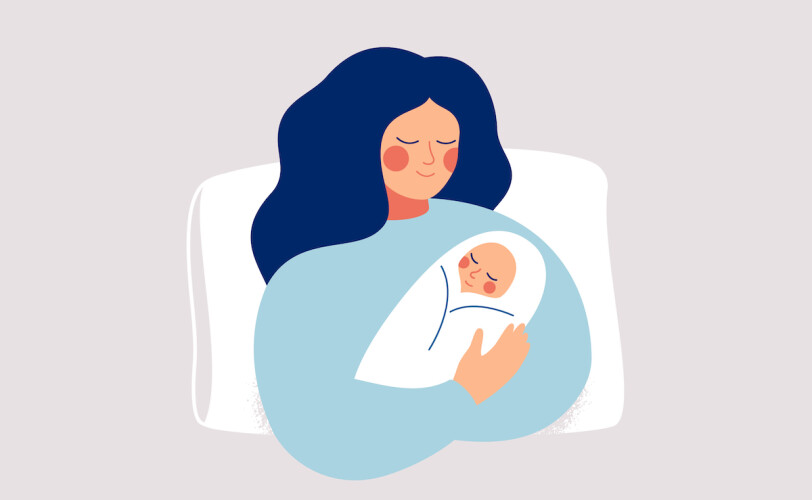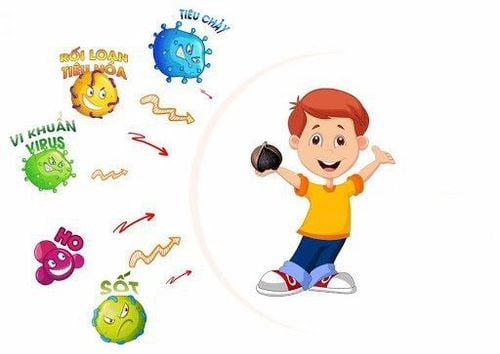Childbirth is a life-changing event that can bring immense joy and happiness to new parents. However, for many individuals, the experience of childbirth can lead to the development of post-traumatic stress disorder. This article will explore the symptoms of PTSD resulting from childbirth and the treatment options available.
Causes of PTSD Resulting from Childbirth
Post-traumatic stress disorder resulting from childbirth, also known as birth trauma, can be caused by a variety of factors. One of the most common causes is undergoing a forced childbirth, which occurs when a person’s bodily autonomy is ignored or negated by medical professionals or politicians. This can happen for a variety of reasons, including hospital policies or state laws, and can leave people feeling helpless, violated, or otherwise traumatized. Another potential cause of birth trauma is an emergency cesarean section, which can be a sudden and frightening experience that can result in feelings of loss of control and a sense of danger.
Symptoms of PTSD Resulting from Childbirth
PTSD can manifest in a variety of ways, and the symptoms may differ from person to person. Some of the most common symptoms of PTSD resulting from childbirth include:
Intrusive Thoughts and Memories: Intrusive thoughts and memories are one of the hallmark symptoms of PTSD. After childbirth, individuals may experience vivid, distressing memories of the birth, or they may have intrusive thoughts about what could have gone wrong during the process. These thoughts and memories can be extremely distressing and can lead to feelings of anxiety or panic.
Avoidance: Avoidance is another common symptom of PTSD resulting from childbirth. Individuals may avoid situations or people that remind them of the traumatic experience. This can include avoiding hospitals, doctors, or even friends and family members who were present during the birth.
Hyperarousal: Hyperarousal is a state of heightened alertness that is a common symptom of PTSD. After childbirth, individuals may be easily startled or feel on edge. They may also have trouble sleeping or experience sudden mood swings.
Negative Changes in Mood and Cognition: Individuals with PTSD may experience negative changes in their mood and cognition, such as feeling numb, detached, or disinterested in activities they once enjoyed. They may also have trouble remembering details about the birth or struggle to focus on daily tasks.
Treatment Options for PTSD Resulting from Childbirth
The good news is that PTSD resulting from childbirth can be treated with various therapies and medications. Treatment options for PTSD typically involve a combination of therapies and may include the following:
Cognitive-Behavioral Therapy: This therapy aims to help individuals recognize and change negative thought patterns and behaviors. It can be helpful for managing symptoms of PTSD and addressing underlying issues related to the traumatic experience.
Eye Movement Desensitization and Reprocessing: This therapy involves using rapid eye movements to help process traumatic memories and reduce associated anxiety.
Medications: Antidepressants and anti-anxiety medications can help manage symptoms of PTSD, such as anxiety and depression.
Support Groups: Joining a support group can provide a safe and supportive environment to share experiences and feelings with others who have also experienced PTSD resulting from childbirth.
Self-care: Practicing self-care activities such as exercise, meditation, and deep breathing can also be beneficial in managing symptoms of PTSD.
It is essential to seek professional help if a person is experiencing symptoms of PTSD resulting from childbirth. Talking to a therapist or mental health professional can help someone understand and cope with the symptoms and develop a personalized treatment plan.
PTSD resulting from childbirth is a severe condition that can significantly impact an individual’s mental health and well-being. While childbirth can be a beautiful and empowering experience under the right circumstances, it can also be traumatic for some people. It is essential to recognize the signs and symptoms of PTSD and seek professional help if necessary. There are various treatment options available, including therapy, medication, support groups, and self-care activities, that can help manage symptoms and improve quality of life.



